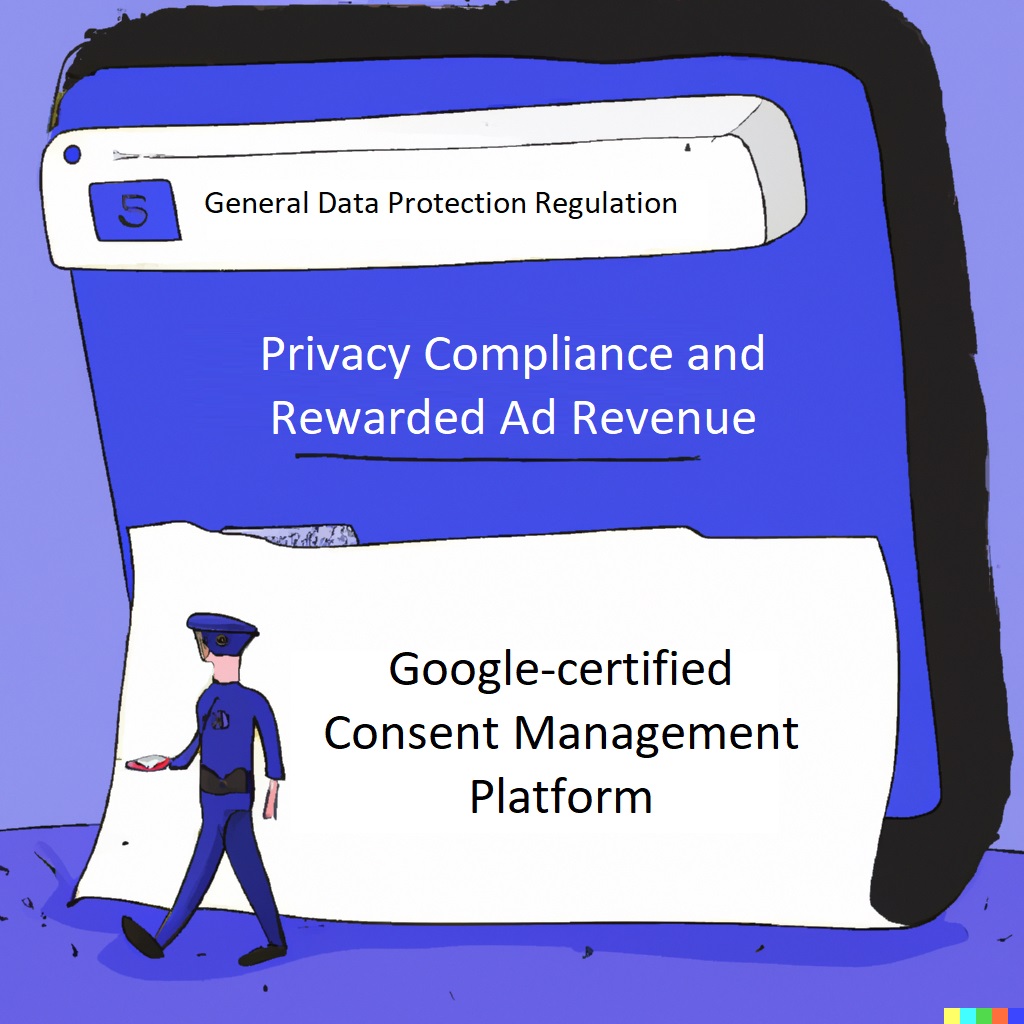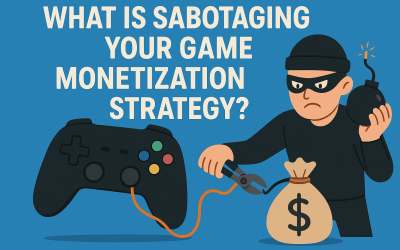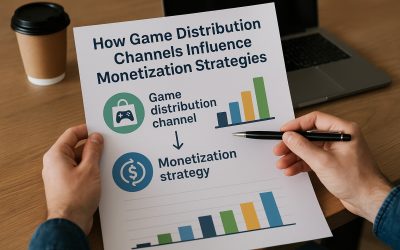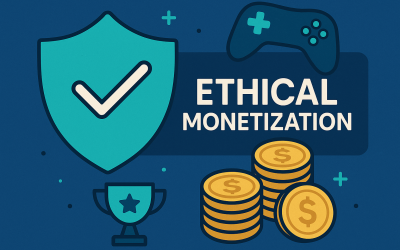Discover the power of Rewarded Video Ads. Learn how our Google-certified Consent Management Platform (CMP) ensures GDPR compliance, explore its impact on Rewarded Video Ad revenue and user experience
Google announced on May 16th their intention to ensure compliance with the Transparency and Consent Framework (TCF) through a “Google-certified Consent Management Platform (CMP)”. The TCF standardizes the process of obtaining consent from users in accordance with the General Data Protection Regulation (GDPR).
The CMP stands between the publisher, user, and vendors, offering transparency about the vendors with which a publisher works, storing user consent signals, and making sure that consent only applies to the vendors who have stated they use data for that purpose.
At present, five out of 25 large mobile video game companies, including Outfit7, EasyBrain, Rovio, Gameloft, and Supersonic Studios, have put TCF into action. It seems likely that the other companies will also have to abide by these rules to benefit well from Rewarded video Ad and other Monetization tools
These changes might result in a drop in ad revenue for publishers, especially those from users in the European Economic Area (EEA) and the UK. If publishers overlook these requirements or if a user withholds consent, Google might serve non-personalized ads instead of personalized ones.

The timeline for these changes remains uncertain at this point, as Google has only stated that they will occur “later this year.” Meanwhile, publishers should actively gather information and explore their options. Although this move might initially affect the user experience, people expect the industry to adapt, as it has done with previous changes.
Impact for Rewaded Video Ad Monetization
The changes announced by Google will significantly impact web Rewarded Video Ad web monetization, particularly for websites that rely heavily on advertising revenue from Google AdMob, Google AdManager, or Google AdSense. Here’s how:
1. User Consent: One of the most significant impacts will be the need to collect detailed user consent via a Google-certified Consent Management Platform (CMP). Websites will no longer be able to rely on simple Terms of Service and Privacy Policy pop-ups. Instead, they will need to provide users with comprehensive information about how their data is used and give them clear options to provide or withhold consent.
2. Transparency: The new guidelines seek to enhance transparency regarding the usage of user data. Consequently, publishers will inform users about their associated vendors, the purpose and legal basis of data usage, and so forth. This increased transparency might result in fewer users agreeing to data usage as they gain a clearer understanding of what they’re consenting to.
3. Potential Revenue Impact on Rewarded Video Ad Monetization: If users choose not to give consent, Google may serve non-personalized ads instead of personalized ads. Non-personalized ads are typically less effective and generate less revenue, potentially impacting the overall Rewarded Ad revenue for publishers, especially those deriving a significant portion of their income from users in the European Economic Area (EEA) and the UK.
4. Compliance Cost: Implementing these changes will require time, effort, and potentially financial resources, as publishers will have to integrate with a Google-certified CMP. This could lead to an increase in operational costs.
5. User Experience: The need for obtaining detailed user consent could lead to an increase in the number of pop-ups and the amount of information presented to the user, which could potentially disrupt the user experience on the website. This, in turn, may impact user engagement and, indirectly, ad revenue.
We advice publishers to prepare for these changes and consider their strategies for obtaining user consent in a way that is compliant with these new requirements, while also maintaining user engagement and experience.
AppLixir is a Rewarded Video Ad Platform serving Games, Web Apps and Various Consumer SaaS Websites



